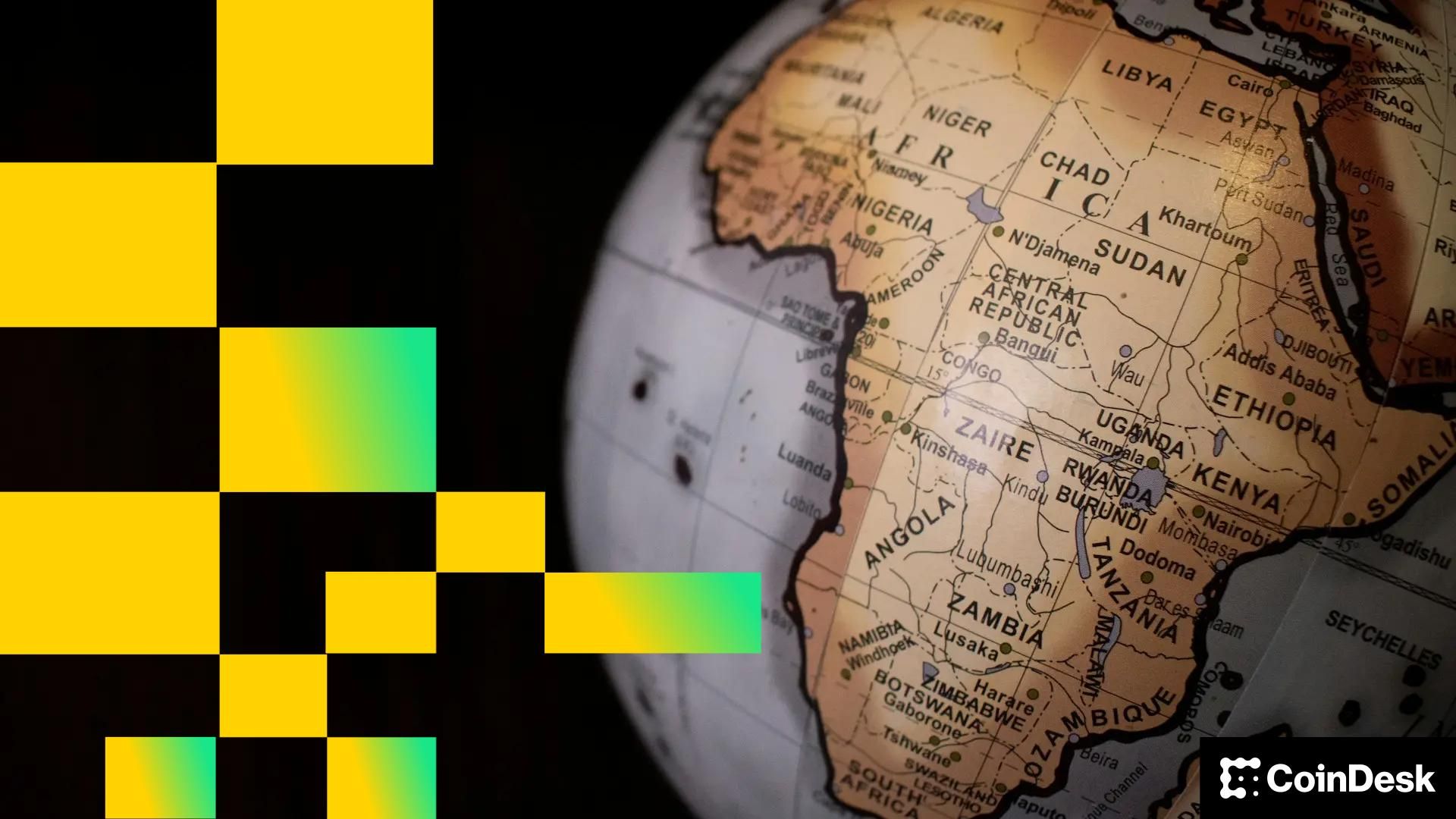
The African Continental Free Trade Area (AfCFTA) Secretariat and the IOTA Foundation have introduced a digital trade initiative that places stablecoin-based settlement at the center of efforts to overhaul how goods move across Africa.
The Africa Digital Access and Public Infrastructure for Trade (ADAPT), formed in partnership with the Tony Blair Institute and World Economic Forum (WEF), will establish a shared, open-source digital public infrastructure for the continent’s 55 member states, according to an announcement on Monday.
It aims to enable instant cross-border payments, verifiable digital trade documents, and interoperable digital identities. While the initiative is framed as a modernization of trade processes, those involved say stablecoins — specifically USDT — are expected to be a primary engine of adoption.
"Now that we’ve solved the data problem — digitizing and authenticating trade documents — we can do the trade finance part," IOTA Foundation founder Dominik Schiener told CoinDesk. "We will also offer tokenization of physical asserts such as commodities and critical minerals, and cross-border payments using stablecoins like USDT for real-world payments."
The timing of the initiative coincides with the far-reaching inflection point for regulatory oversight of digital currencies. Over the past year, stablecoins have gained clearer regulatory pathways in markets like the U.S. and Hong Kong, fueling ever-higher payment volumes and growing institutional acceptance.
For African governments, this presents an opportunity to leapfrog legacy financial infrastructure and plug directly into stablecoin rails that are becoming normalized worldwide.
Africa’s traders currently face an estimated $25 billion in annual payment transaction fees, while document fraud contributes to billions more in losses, according to Monday's announcement. Trade logistics remain deeply analog: a single shipment may require 30 entities to exchange 240 paper documents. In Kenya, border agents previously needed to log into 13 different systems to verify a consignment.
Pilot deployments of IOTA’s technology in Kenya and Rwanda have already delivered tangible gains. Kenyan exporters are saving around $400 per month on printing and documentation, freight forwarders have cut manual paperwork by up to 60% and border clearance times have fallen from six hours to roughly 30 minutes. Kenya alone now posts around 100,000 transactions per day to IOTA’s distributed ledger.
ADAPT will begin with Kenya, Ghana and a third to-be-confirmed country (likely one in North Africa) before expanding continent-wide from 2026, with the goal of integrating all 55 AfCFTA nations by 2035. AfCFTA estimates digitalization could double intra-African trade, unlock $70 billion in trade value, and generate $23.6 billion in annual economic gains.
"We could help a miner in Rwanda get access to onchain trade finance at 50% of the cost, getting paid almost instantly with low transaction fees using USDT," Schiener told CoinDesk. "This is how we move beyond the typical boom and bust cycles in crypto and anchor our industry with real assets, real adoption, and real value."
免责声明:本文章仅代表作者个人观点,不代表本平台的立场和观点。本文章仅供信息分享,不构成对任何人的任何投资建议。用户与作者之间的任何争议,与本平台无关。如网页中刊载的文章或图片涉及侵权,请提供相关的权利证明和身份证明发送邮件到support@aicoin.com,本平台相关工作人员将会进行核查。




